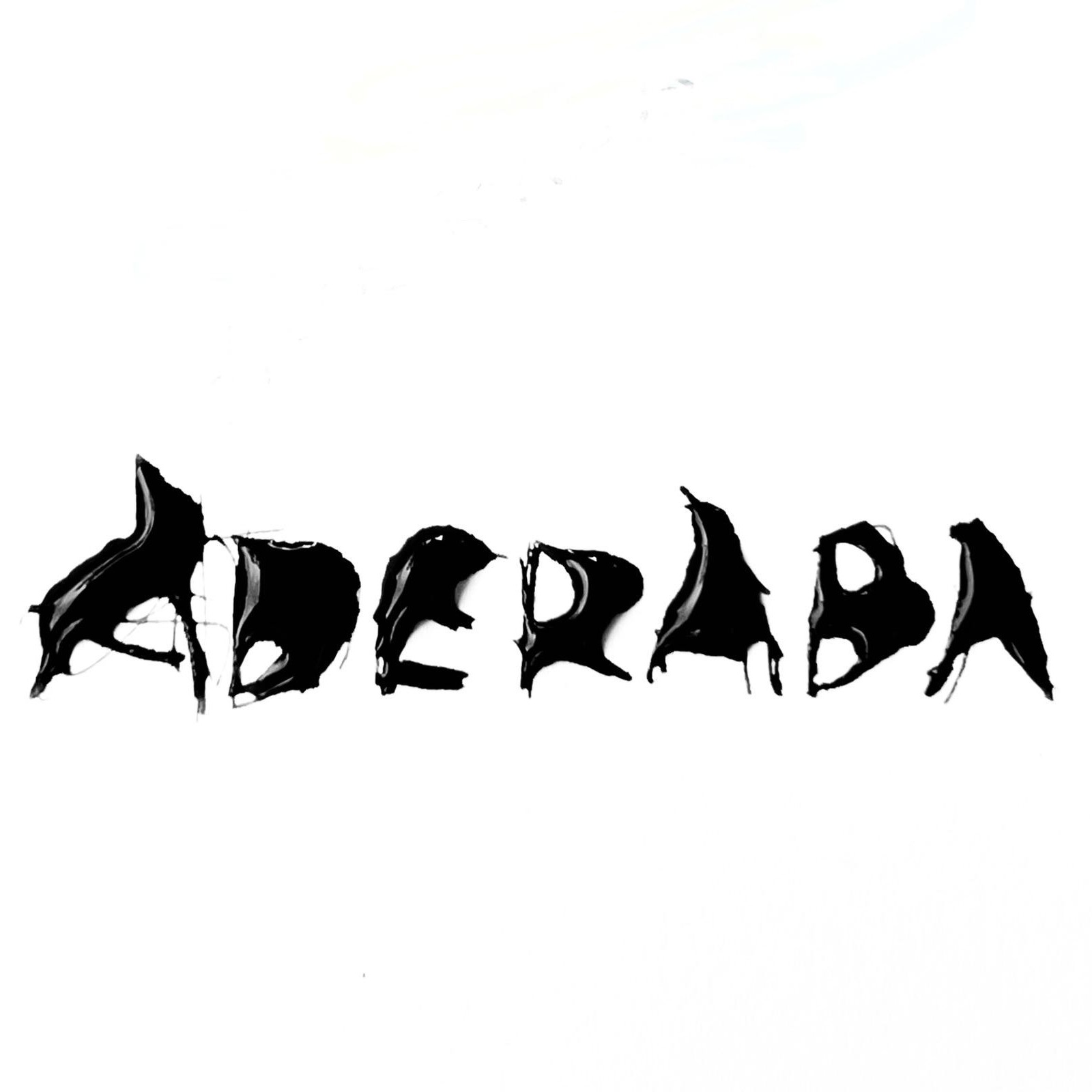 |
aderabaJewish Studies on the Contrary Author: Gilah Kletenik
Join co-hosts Rafe Neis and Gilah Kletenik as they explore big questions through a diverse range of Jewish texts, ideas, and cultures. The conversations are sometimes clarifying but always contrarian. Come for their uncommon insights, stay for their critical takes on the fields of Rabbinics, Classics, History, Philosophy, Critical Theory, and more!The intro and outro music, "Witch Wisent," was written and recorded by Dali Muru & the Polyphonic Swarm. Language: en-us Genres: Judaism, Philosophy, Religion & Spirituality, Society & Culture Contact email: Get it Feed URL: Get it iTunes ID: Get it |
Listen Now...
Jewish Studies, Naturally
Thursday, 2 October, 2025
In this episode of 'ADERABA,' hosts Rafe Neis and Gilah Kletenik delve into so-called nature, the natural, and the unnatural in Jewish Studies. The discussion opens by addressing Rabbinic approaches to nature and the ways in which such texts are excluded from what is conventionally deemed "science" and "scientific." Then, they discuss how the naturalism of medieval Islamic and Jewish philosophy present alternatives to the hegemony of Christian transcendence from nature, conceits of escapes from the natural. Particular attention is granted to Maimonides and Spinoza. The conversation then turns to analyze the ways in which notions of "deviance," "natural law," and the "natural," are deployed today in the realms of reproduction, sexgender, and the family. They conclude by considering the ways in which certain Jewish studies scholarship perpetuates certain Christian frames of thinking, as regards reproduction and the nuclear family, notions of freedom, and radical individualism. Mention is made of affect theory, feminist scholarship, and possibilities for future study.00:00 Introduction to the Podcast00:40 Nature in Rabbinic Texts02:32 The Exclusion of Jewish Sources in the History of Science04:52 Rabbis and Their Approach to Nature17:05 Medieval Jewish and Islamic Philosophy on Nature20:21 Nature, Law, and Morality30:37 Modern Science and Its Theological Underpinnings45:07 Conclusion and Reflections









